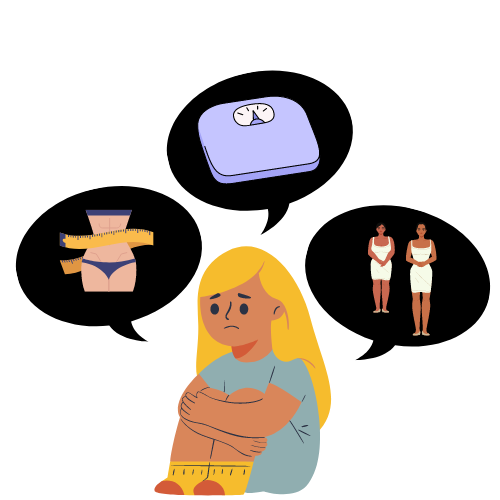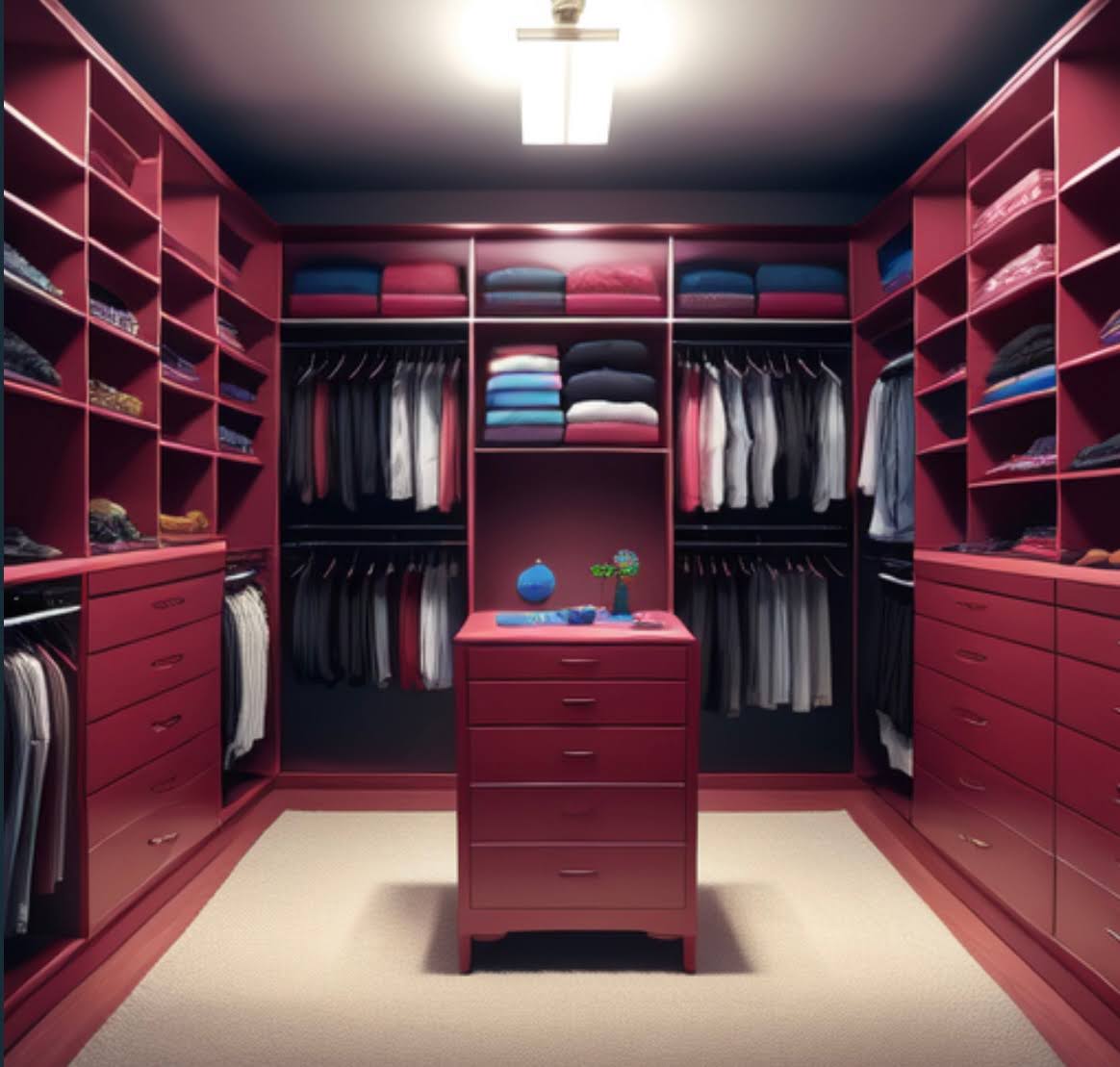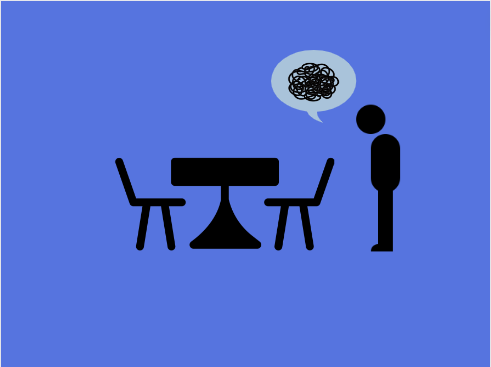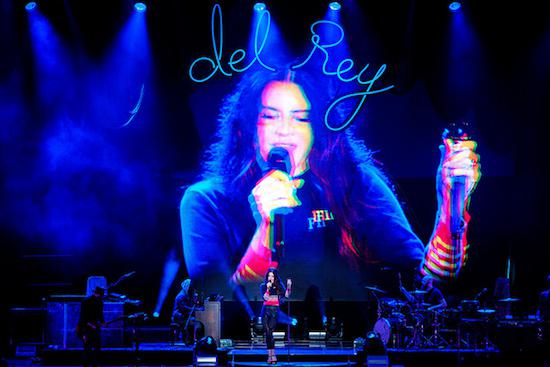Over the decades, so many things have changed. One in particular is the idea of “trends”. In simple terms, trends are events that become so popular that people follow or take them as inspiration. However, trends don’t always have a positive effect, and people pull the unhealthy ideas as “inspiration” when in reality, they are unrealistic and toxic.
Now you may be wondering “how does any of this correlate with the title of this article?”. Well today’s discussion will be on the topic of body image.Through time, the ideal body image has evolved. From hourglass figures to building muscle for bulking, the body image topic has always made an impact on people, and not in a good way. But there is something that you should know, your body isn’t a fast fashion trend. That being said, don’t try to change perception just because it is the most popular.
According to YouGov “about half (51%) of Americans say they feel pressured to have a certain body type”. Which in reality, is a lot of people, and it shouldn’t be this way. These so-called “beauty standards” aren’t really standards at all, and just a new trend that happens every decade. The standard of this decade was very much different then the standards in previous decades. And realistically, people trying to follow these “standards”, are treating their body as the fast fashion industry, constantly changing into new forms.
Asha Mane, a freshman states, “Your body type either was the beauty standard, is the beauty standard, or will be the next beauty standard”.
To even try to keep up with these “standards” is treating your body like a piece of clay (in reality, your body isn’t clay but a system to keep YOU alive).
Now there are different ways people feel influenced by trying to fit in the trending body image norm. However, social media is a big contributor to these toxic ideas. Think about it, you scroll on social media and influencers are having the best time of their lives, and you realize that most of these influencers look perfect. However, these picture perfect influencers don’t always look like this in the real world. “Social media platforms often feature images of people with seemingly perfect faces and bodies… [by] using filters and photo editing tools to enhance their appearance. This can create unrealistic beauty standards, leading to body dissatisfaction and low self-esteem,” as mentioned by Psych Central. You really can’t compare yourself to the digital faces because there’s one thing they have that you don’t, which is alterations and filters.
Another thought to keep in mind when scrolling is that these filters aren’t as harmless as you think. The power of these digital features can change your entire appearance with just a few clicks. Not only filters, but also editing apps, are a way to look like an unrealistic person, so to compare yourself to people online is just not a comparison at all.
Society needs to start normalizing that it’s ok to have acne on your skin, to have a body shape that’s not muscular, thin, or considered the ideal type, and that everyone is different and genetics play a big role on appearance (hence why we all don’t look the same). When putting two and two together, we all have different facial features, body types, and other physical characteristics that make us different and unique, so trying to change into something that would fit the beauty norm isn’t something that exists because of our diverse appearances.
You have to understand that you are not unattractive, you’re just letting the influence of social media appearances brainwash you into thinking you should have to be insecure and self conscious about a feature that makes you stand out in the best way possible.























Lyn Jones • Mar 23, 2024 at 12:00 am
Absolutely beautiful piece, keep up the great work!